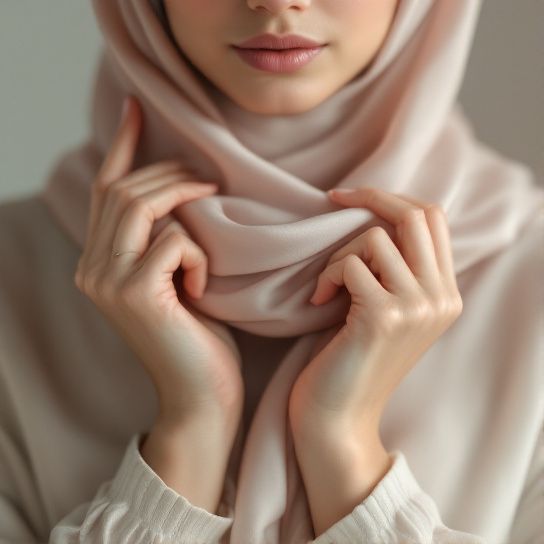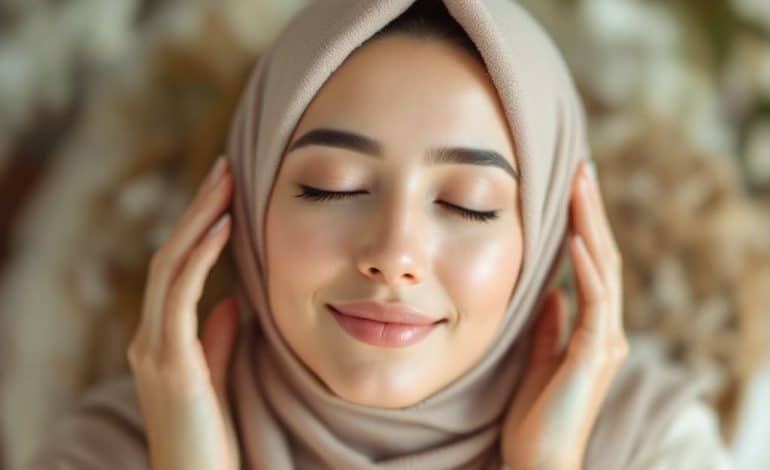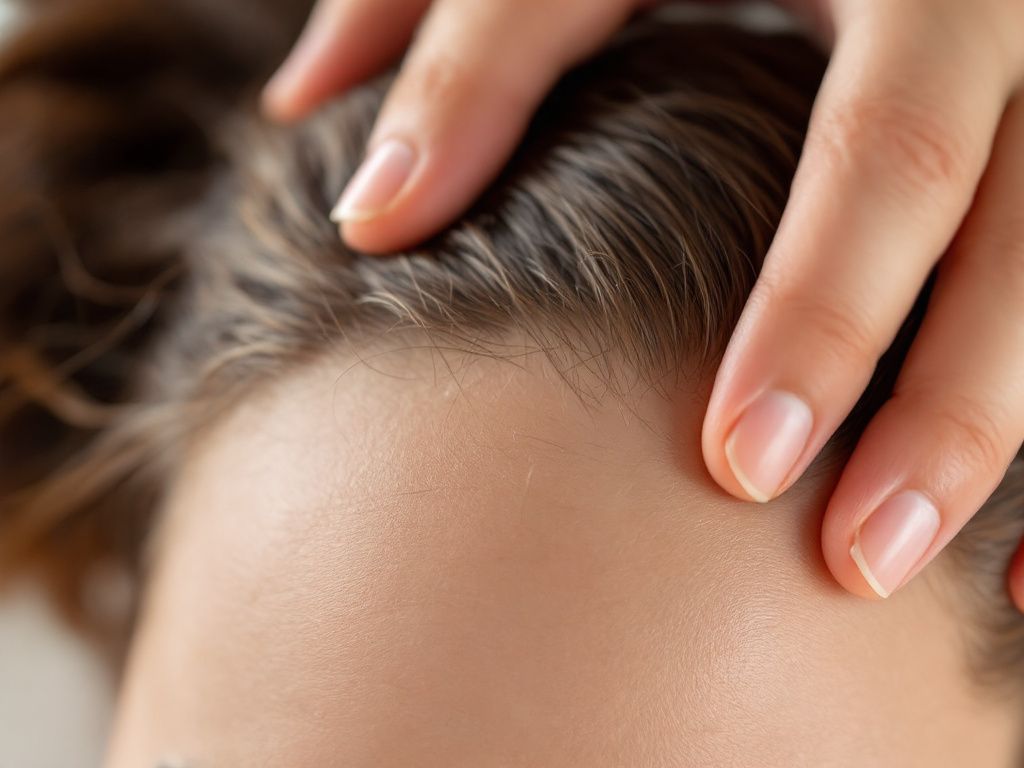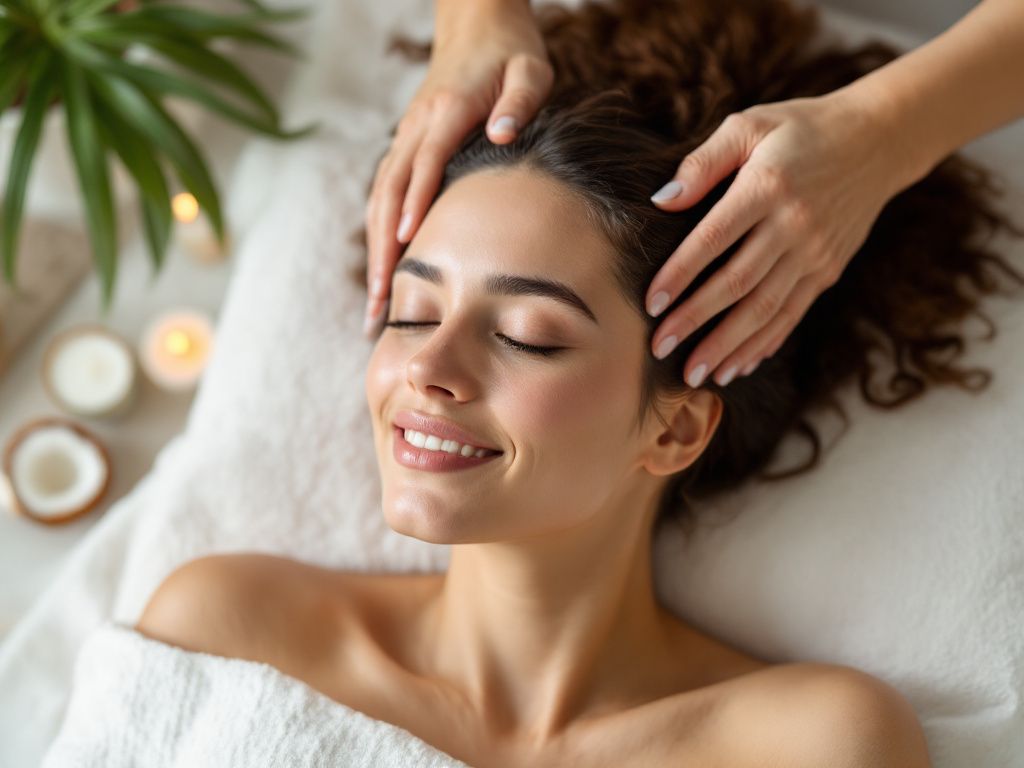[Faith + Glow] Exploring Islamic Beauty as Spiritual Self-Care
![[Faith + Glow] Exploring Islamic Beauty as Spiritual Self-Care](https://mohajba.com/wp-content/uploads/2025/04/beauty_in_islamic_tradition_feature-770x470.jpg)
In today’s fast-paced, appearance-centric society, the concept of beauty often fixates on external features. Yet, in Islamic tradition, beauty represents a harmonious balance between physical appearance and spiritual well-being. This comprehensive exploration of beauty in Islamic tradition illuminates its multifaceted nature, inviting readers to re-discover aesthetic and spiritual care through a prism of faith. 🌟
The Essence of Beauty in Islamic Tradition
Beauty in Islamic tradition is viewed as an extension of spiritual and ethical value. The Quran and Hadith impart a view of beauty that encapsulates both the external and internal realms, emphasizing that the two should be harmonized to achieve true inner peace and satisfaction.
**Quranic and Prophetic Guidance on Beauty**
In the Quran, Allah declares, “Indeed, We have created man in the best of moulds” (Quran, 95:4), stressing the inherent beauty and potential within every individual. Prophet Muhammad (peace be upon him) encouraged believers to maintain their physical health and cleanliness: “Cleanliness is half of faith.” This simple guidance underscores the intersection of spiritual well-being and physical care.
Integrating Faith with Personal Care
Islamic beauty is closely intertwined with spiritual self-care, an assertion that spiritual integrity enhances one’s outward appearance and vice versa. But how does one apply these principles practically?
**The Rituals of Wudu and Its Symbolic Reflection**
Wudu, the Islamic act of washing parts of the body before prayer, is a binding of cleanliness to worship, instilled with powerful symbolism. Apart from its spiritual significance, wudu also refreshes and rejuvenates the skin, offering practical skin care benefits.

**Prophetic Nutrition: Sunnah Foods and Well-being**
Known for its regulatory systems and balanced approach, the Sunnah, particularly in the context of food, encourages a diet that supports both energetic and immune health. Ritual foods such as dates, olives, and honey are known not only for their nutritional benefits but also for their ability to sustain holistic wellness.
Beauty Beyond Skin: Embracing Inner Beauty
The identity of inner beauty is made manifest through characteristics such as humility, kindness, and inner strength. According to Islamic teaching, these attributes foster an internal environment of peace and resiliency, promoting a natural glow that transcends physical appearance.
**Case Study: The Spiritual-Ethical Connection**
Research in *Journal of Religion and Health* highlights a correlation between spirituality and self-image, indicating that women who foster a spiritual connection through religious activity often demonstrate higher self-esteem and body positivity.
Cosmetics through a Spiritual Lens
Beauty products in the Islamic context aren’t just about aesthetics; they also account for ethical sourcing, purity, and intention. 🌿
**Halal Cosmetics: Ethical and Spiritual Dimensions**
Halal-certified beauty products ensure that animal-derived ingredients meet Islamic guidelines. Nau cosmetics, for example, represent an epitome of ethical excellence that aligns with religious standards. This encompasses not only ingredient sourcing but also cruelty-free and environment-conscious production.

**Research Insights: Acceptance Factors**
A study published in the *Journal of Islamic Marketing* on Muslim women’s beauty acceptability found that there is a growing preference for products that integrate ethical, sustainable business practices with spiritual integrity.
Practical Guide to Islamic Beauty Practices
Now, armed with understanding, let’s delve into actionable beauty practices that echo these spiritual teachings:
Step-by-Step Skincare Based on Sunnah
- Daily Cleansing Routine: Perform wudu regularly not only for spiritual purity but to remove impurities from the skin.
- Use Natural Oils: Embrace the prophetic practice of using olive oil, lavender, or black seed. Their multifaceted properties support skin hydration and repair.
- Regular Dhikr and Meditation: Incorporate dhikr (remembrance of Allah) routines to reduce stress and promote inner calm, reflecting as outer beauty.
Optimizing Health and Outer Glow
- Balanced Diet Tips: Encourage a heart-healthy diet of sundown-ritual foods like dates and figs, and incorporate honey into your daily regime to improve skin elasticity.
- Hydration Habits: Maintain healthy skin by drinking sufficient water and consuming foods high in natural water content like watermelon and cucumbers.
- Sun Safety Advocates: As advised by Islamic teachings, avoid excess sun exposure by seeking shade and wearing protective clothing, preserving your health and skin condition.


Industry Standards and Professional Insights
Experts within the beauty and wellness industry increasingly recognize the value of cultural inclusivity and faith adherence in product offerings. The global halal cosmetics market is projected to grow considerably, driven by Muslim consumers’ demand for product authenticity and ethical coherence.
Industry Projection: Moving Towards Faith-Driven Beauty Standards
In tune with growing cultural awareness, companies have shown a stronger initiative in formulating halal-certified cosmetics and skincare products. As noted by market analyses, these shifts signify an evolving standard where faith-driven consumers command the inclusivity narrative both culturally and economically.
Conclusion
Hence, the discourse of beauty in Islamic tradition engenders a profound alignment between physical and spiritual harmonization. Embracing these practices not only encompasses adoration of one’s creation but serves as an initiation toward a transformative spiritual journey. Through acts that intertwine religious perspectives and personal rituals, beauty becomes an ornate tapestry where faith indeed meets glow. 🌺
May your radiant journey begin here, carving paths of serenity and sublimity through every act of faith-driven care.
Frequently Asked Questions
What are the benefits of using a hair mask in my hair care routine?
Using a hair mask can provide several benefits, including hydration, smoothing, strengthening, curl definition, heat protection, and damage repair. Hair masks infuse the hair with moisture, help coat the hair shaft to seal split ends, reduce breakage, and protect the hair from heat styling and environmental damage[1][4].
What ingredients should I look for in a hair mask?
Effective hair masks often include ingredients such as coconut oil, argan oil, shea butter, honey, avocado oil, green tea, and coconut water. These ingredients provide nourishment, moisturize, and protect the hair, offering benefits like softening, moisturizing, and protecting against damage[2][5].
How often should I use a hair mask in my routine?
You should use a hair mask whenever your hair feels dry, unmanageable, or in need of intense hydration. This can vary depending on your hair type and needs, but generally, using a hair mask once or twice a week can help maintain healthy and moisturized hair[1][4].
How do I apply a hair mask for the best results?
To apply a hair mask effectively, shampoo your hair first, then apply the mask, focusing especially on the ends where hair tends to be the most damaged. Leave the mask on for anywhere from 10 minutes to overnight, depending on the type of mask and your hair’s needs[1][4].
References







